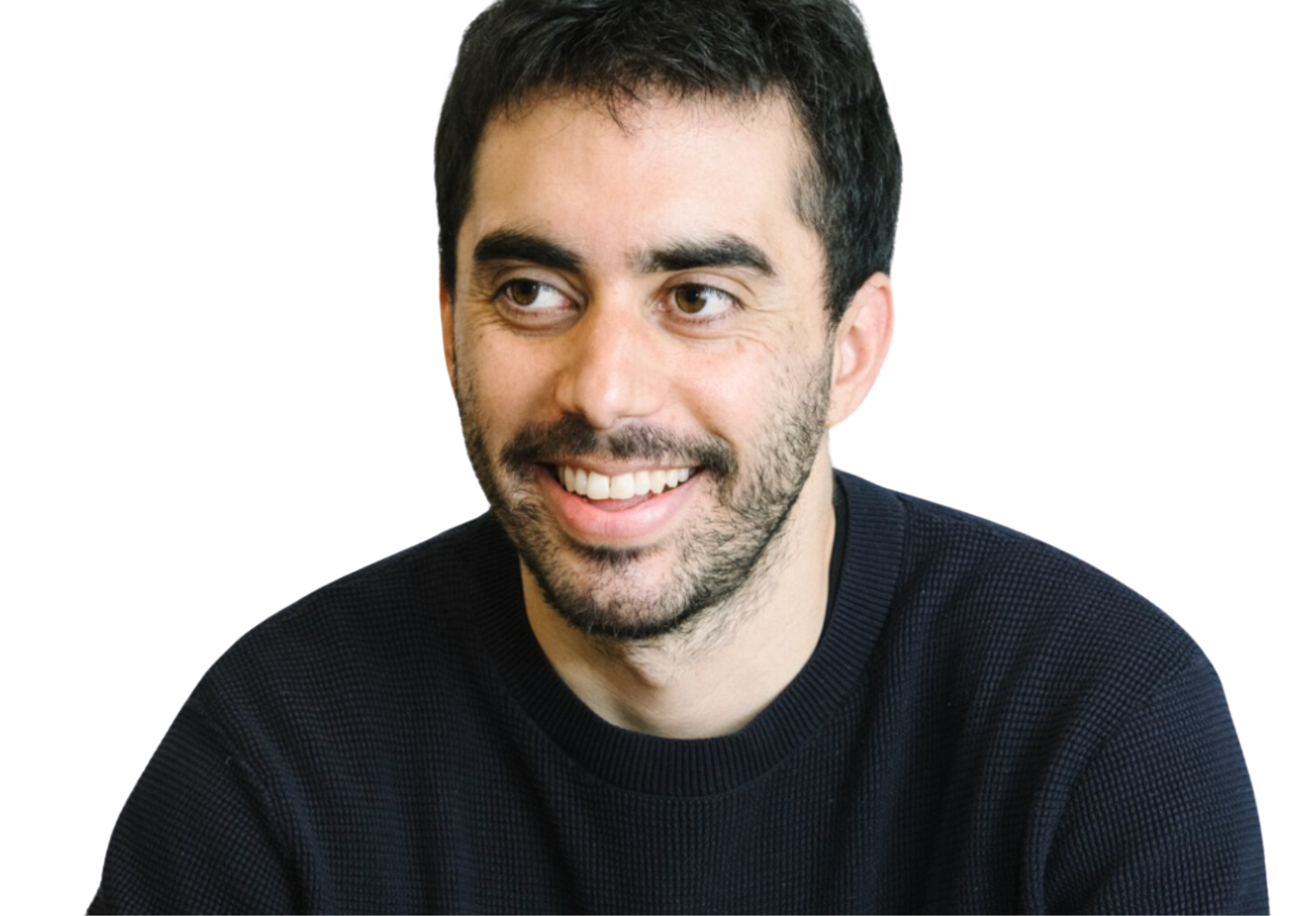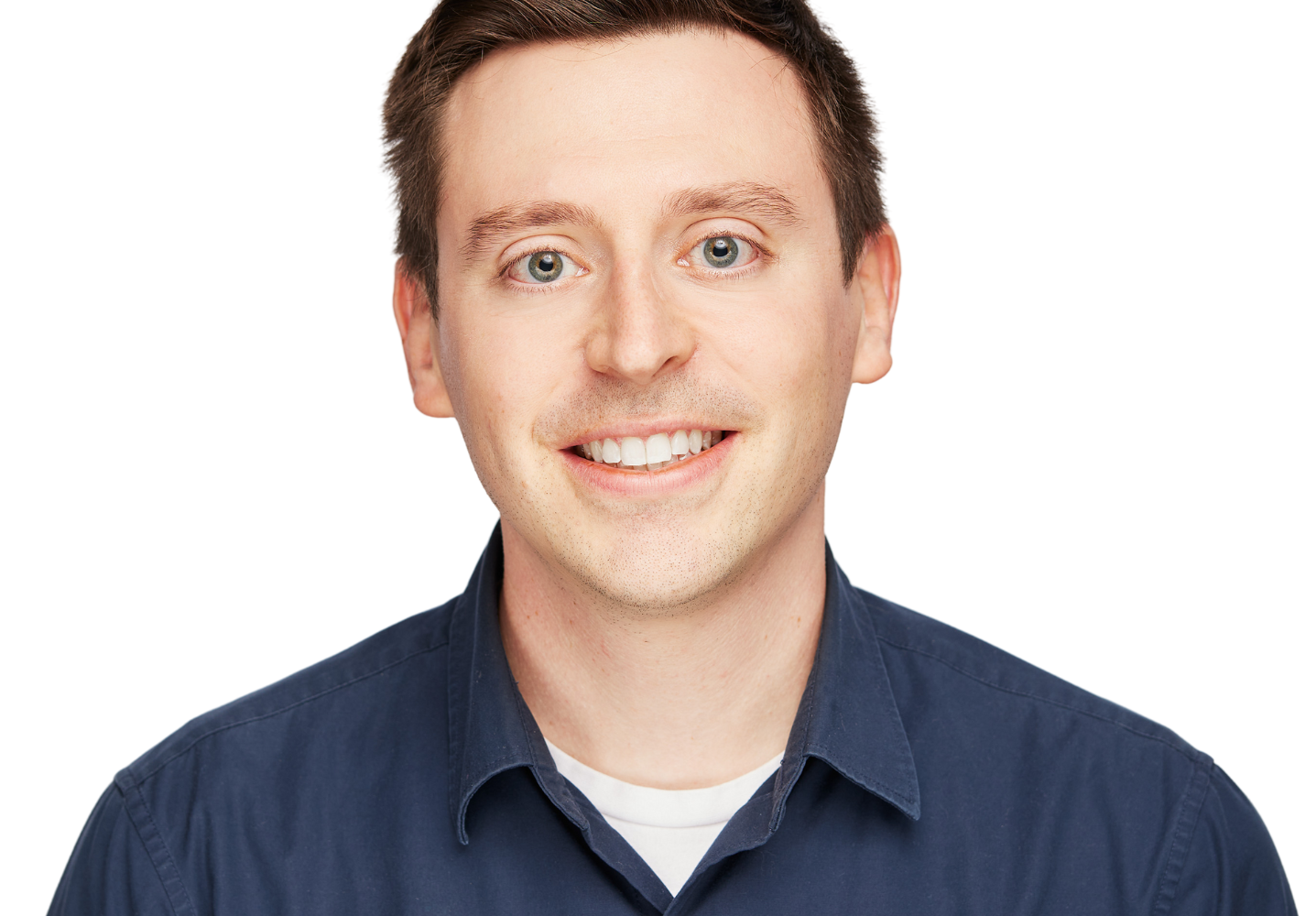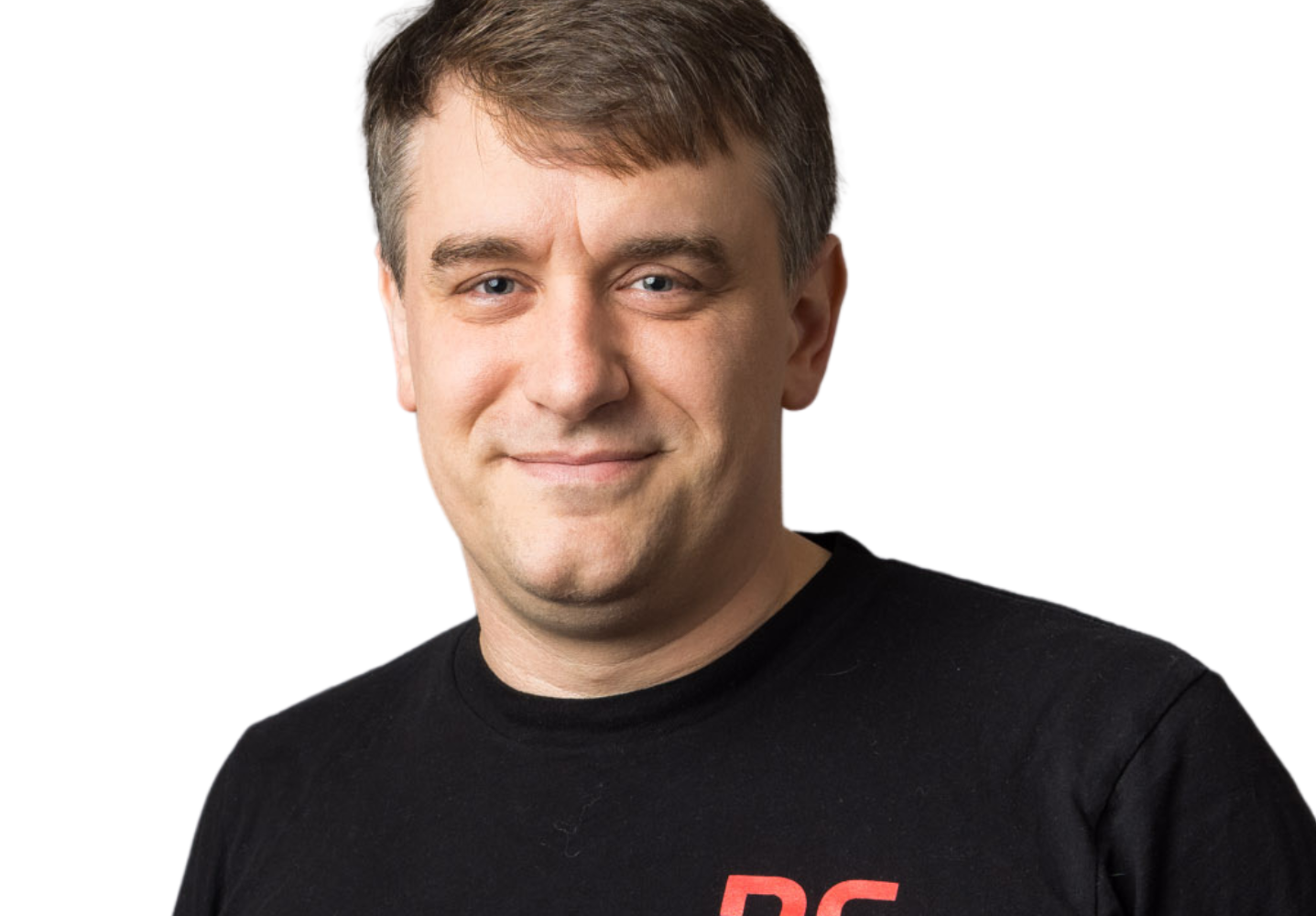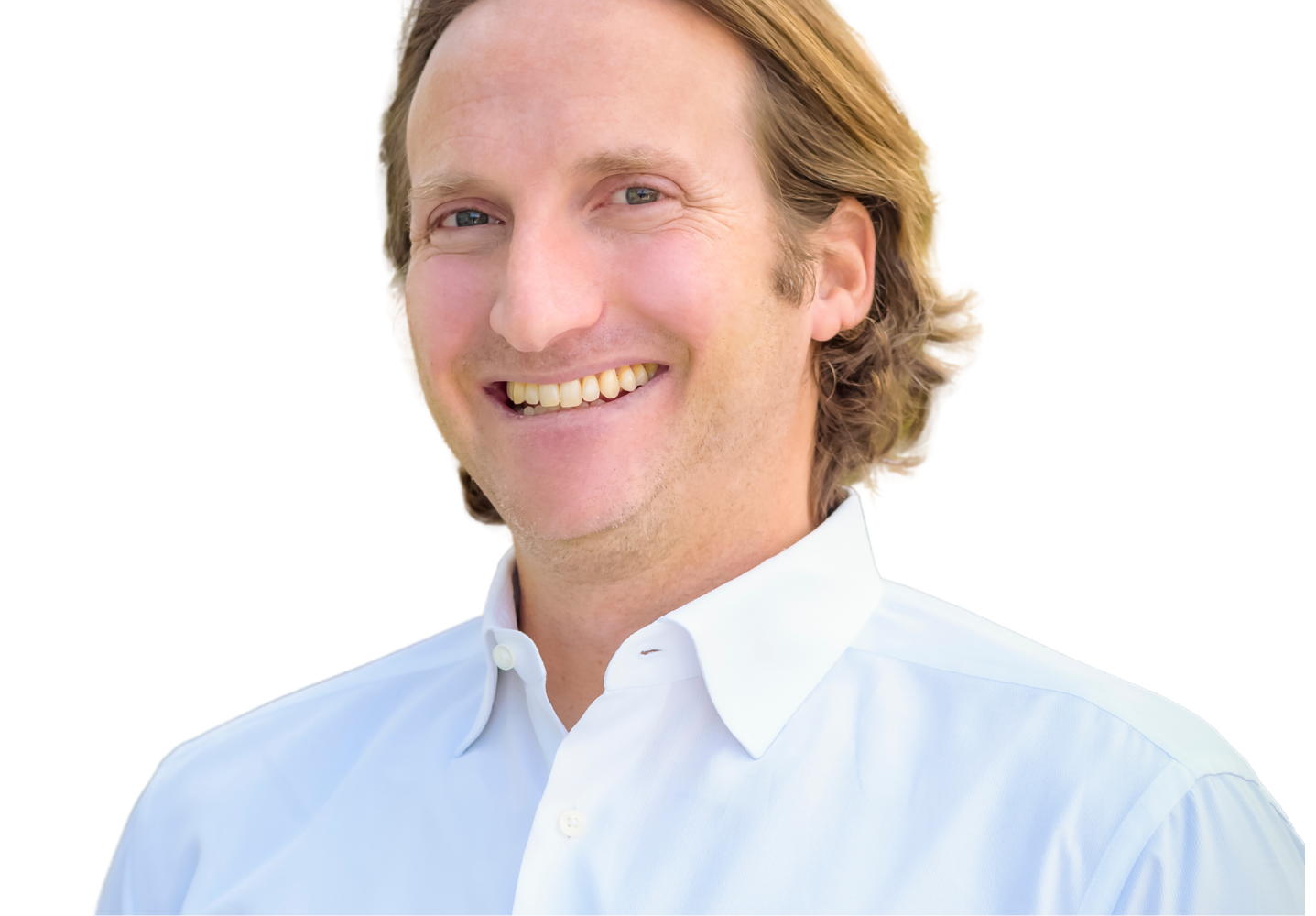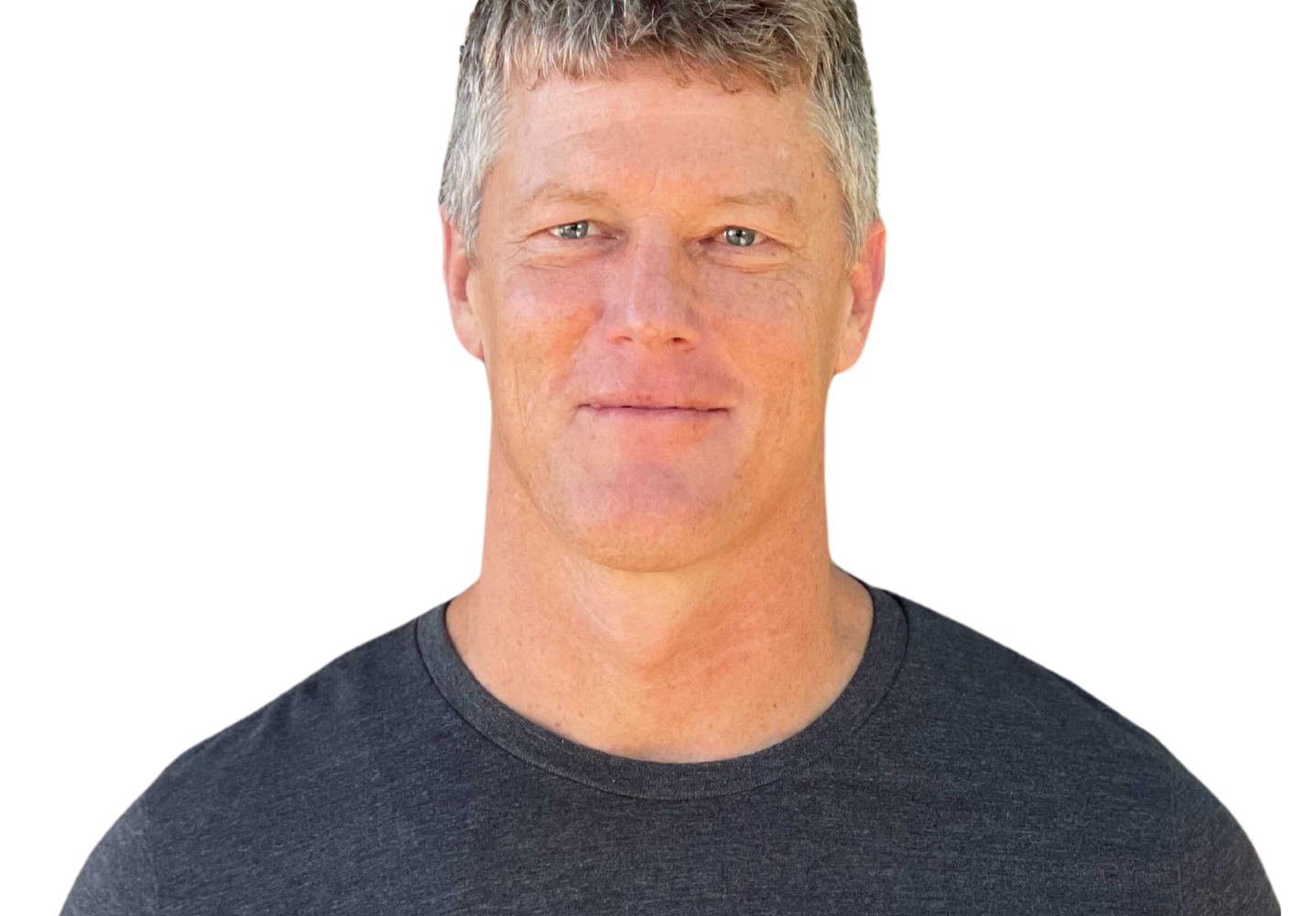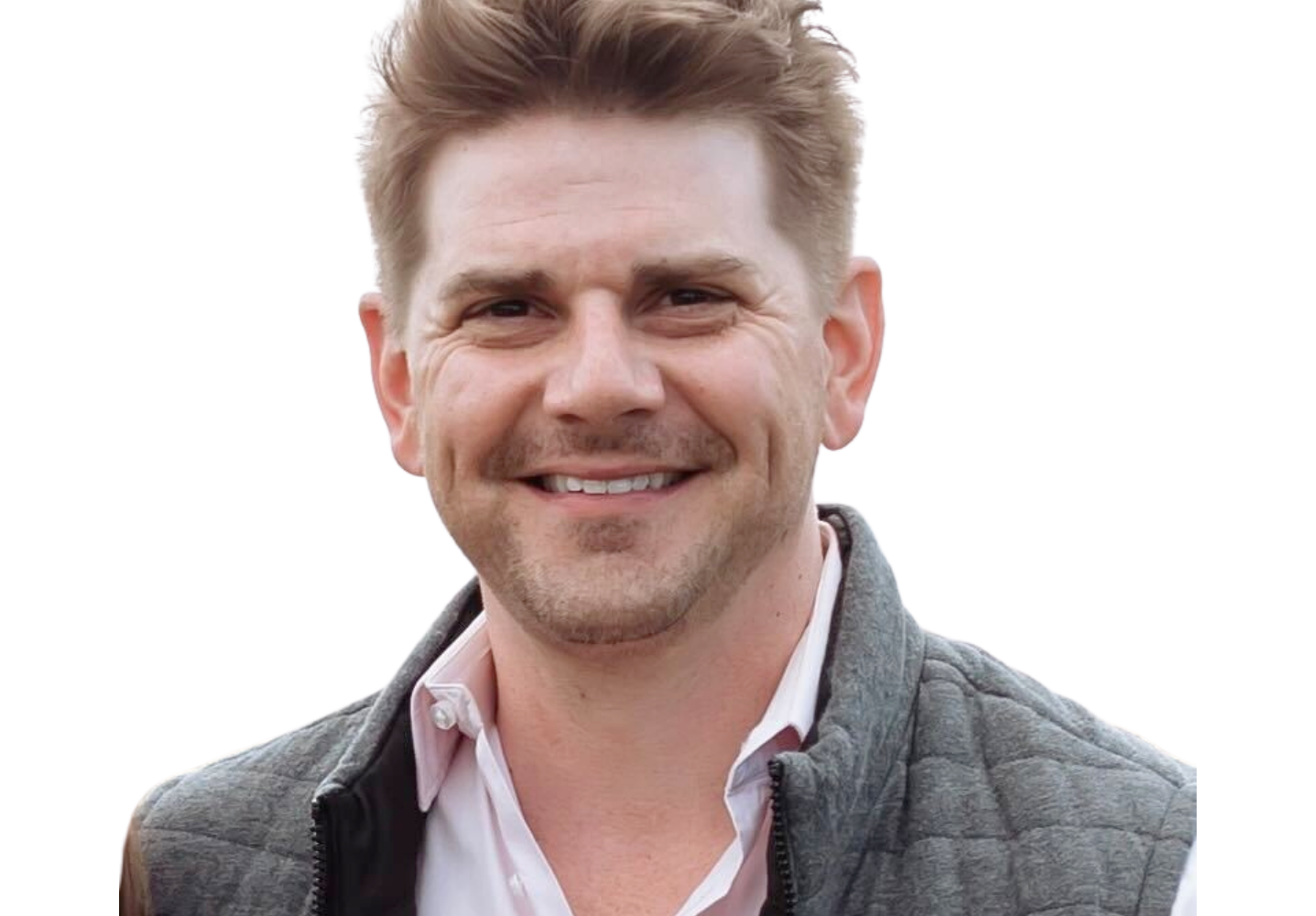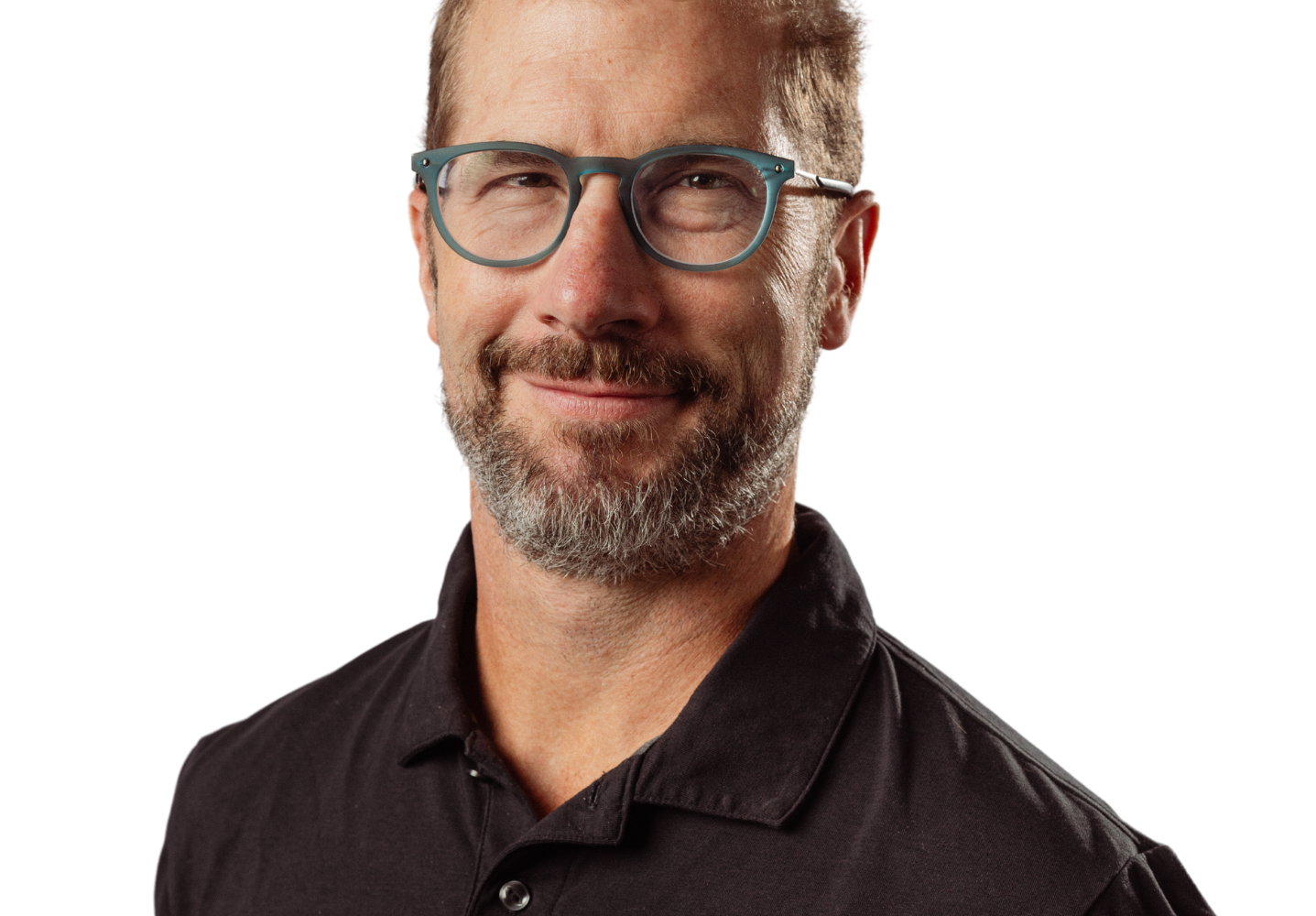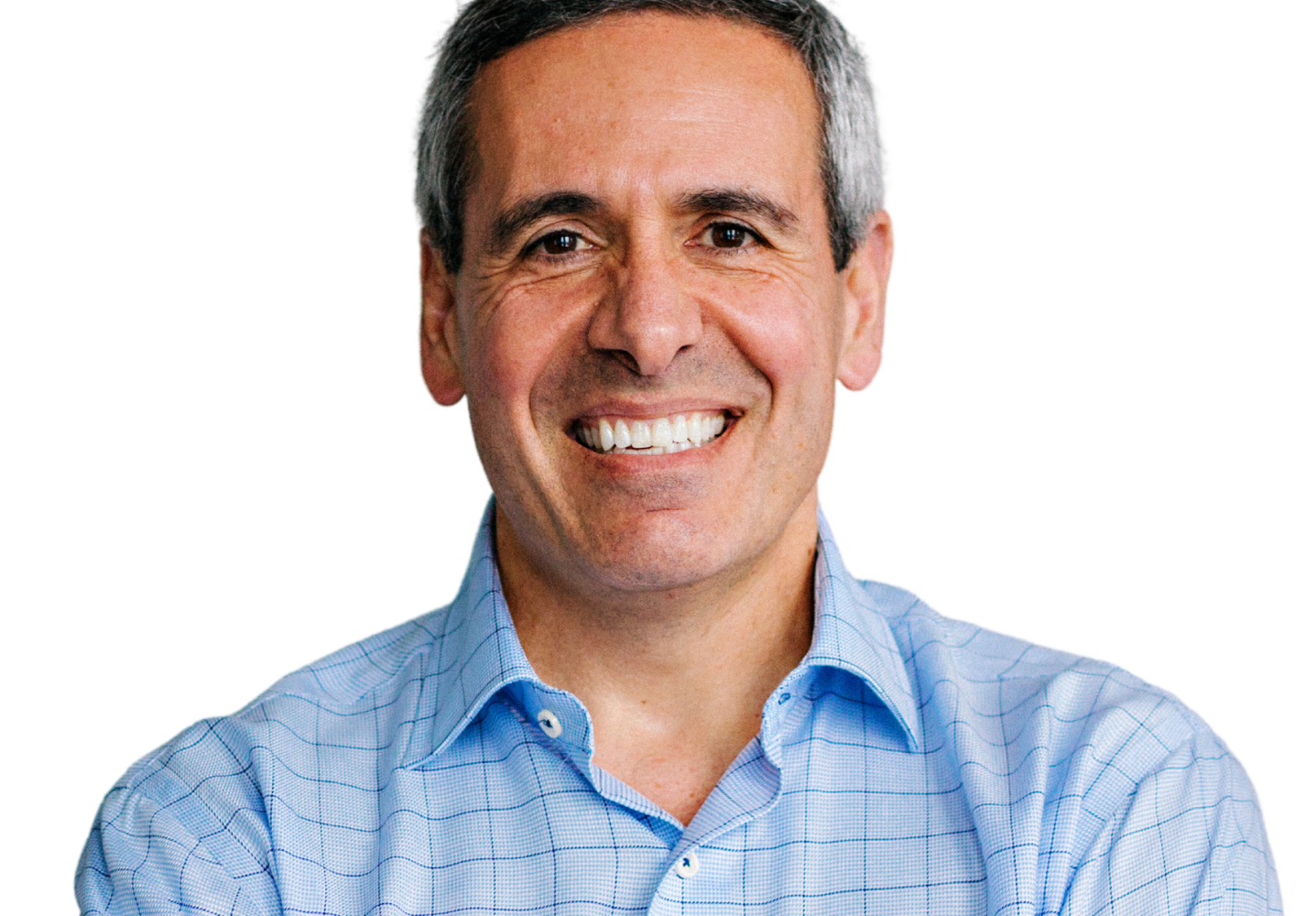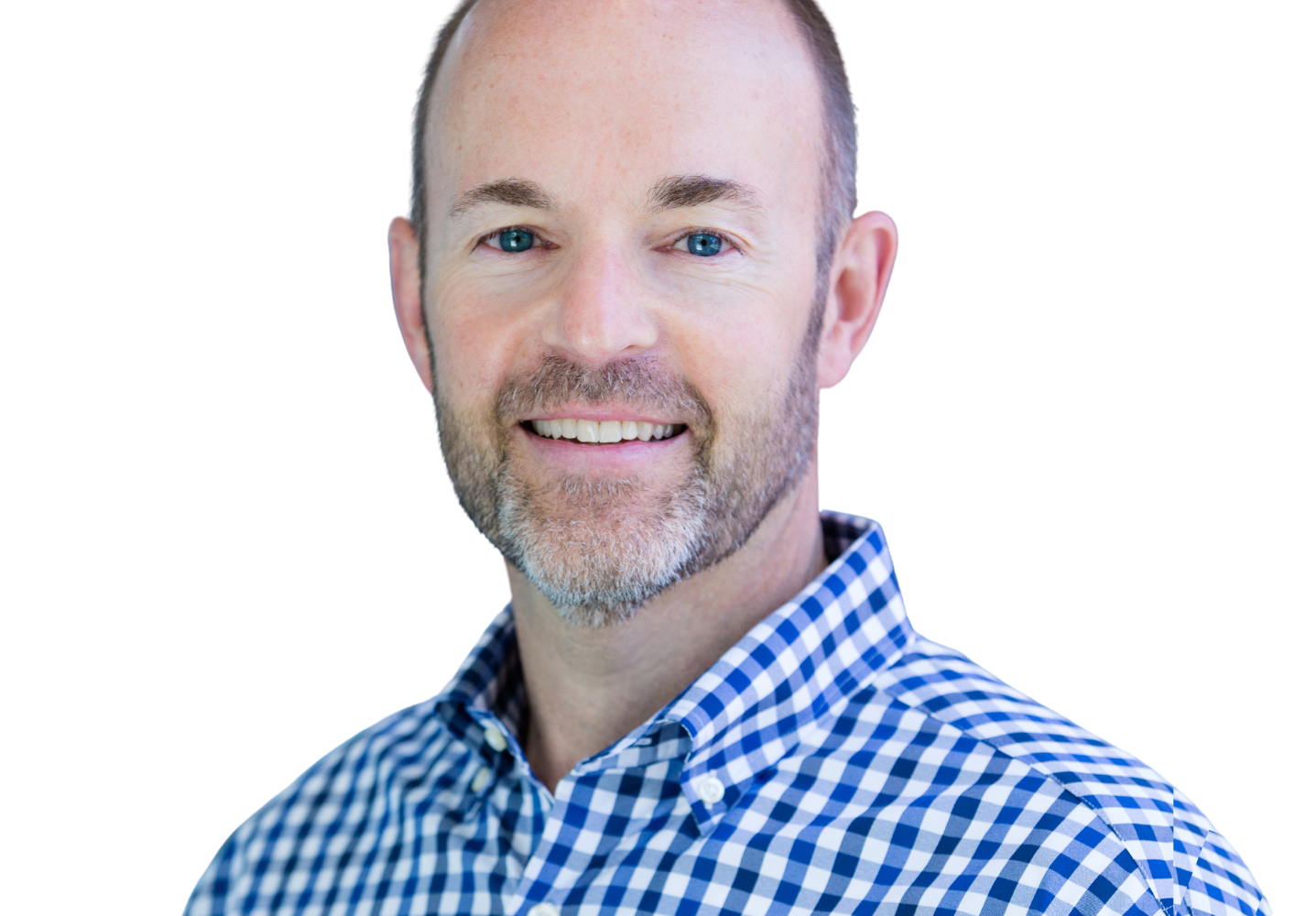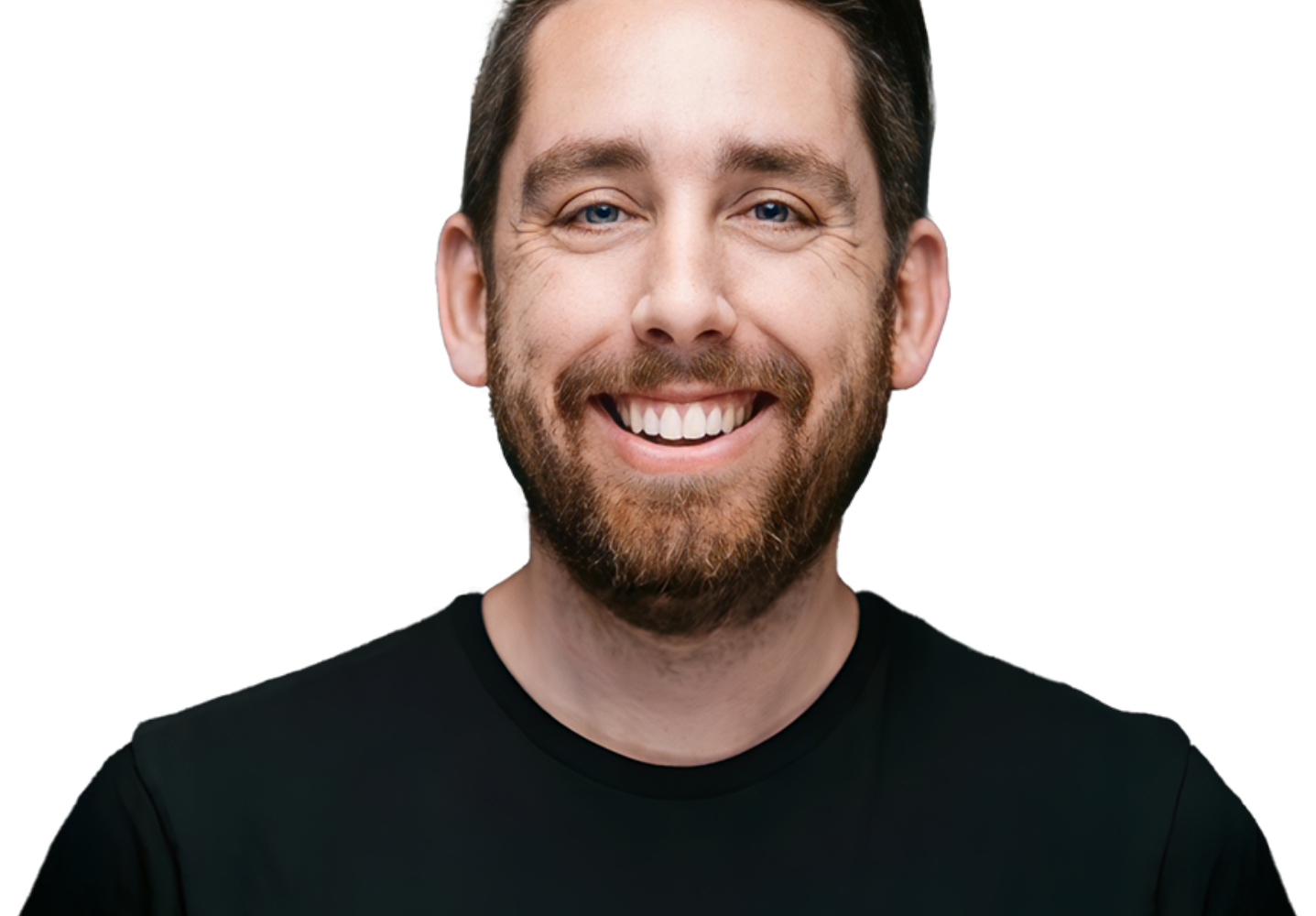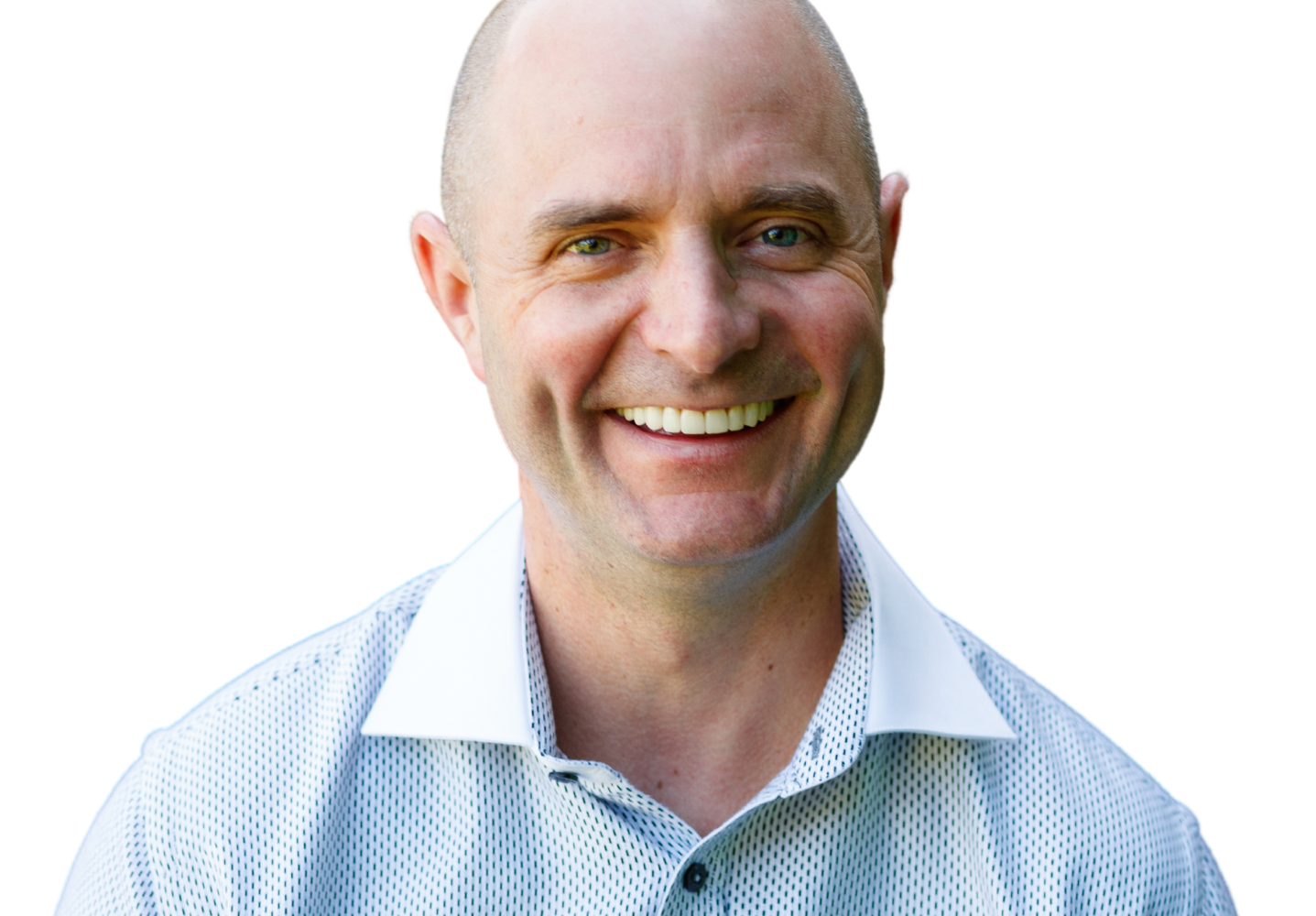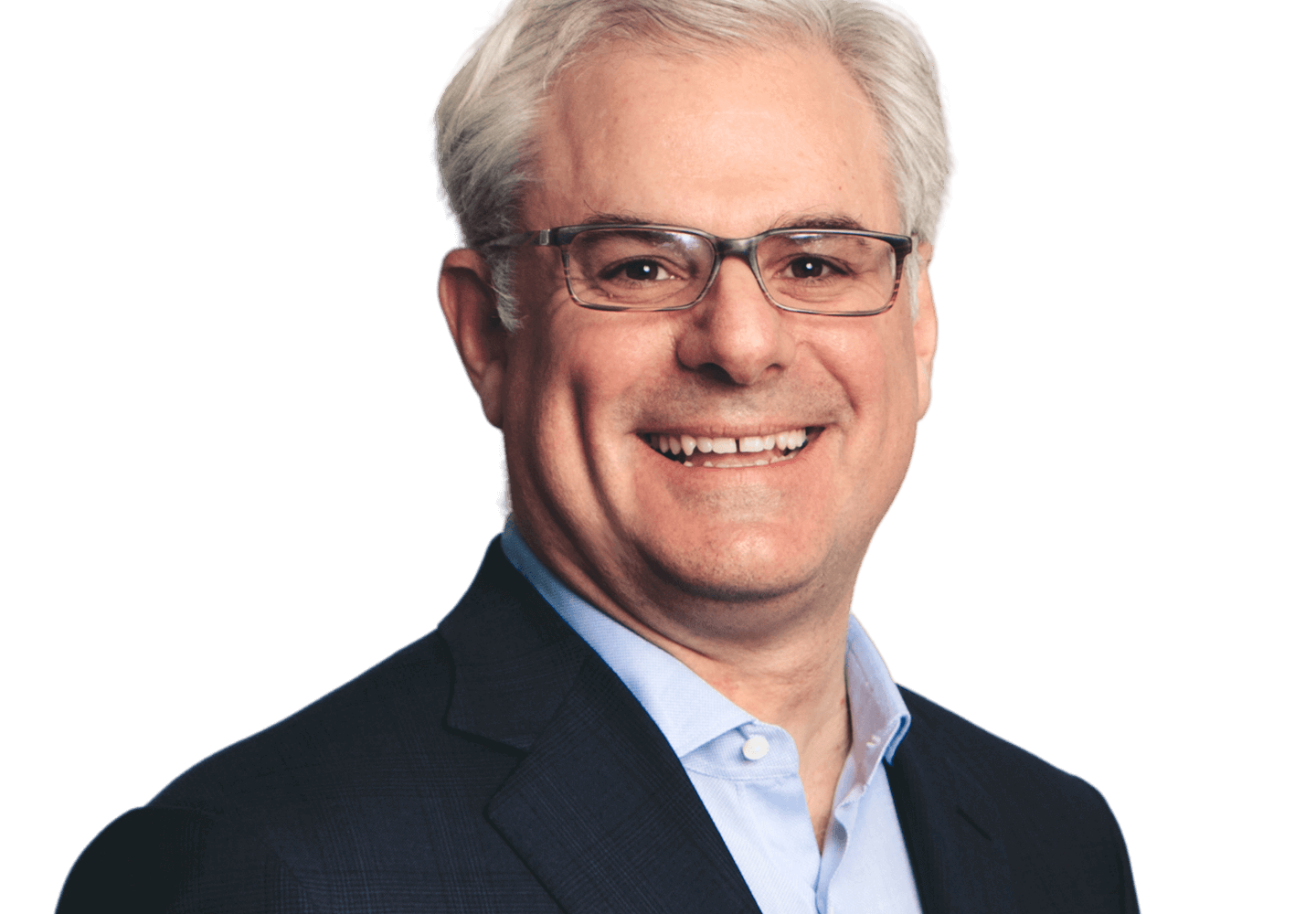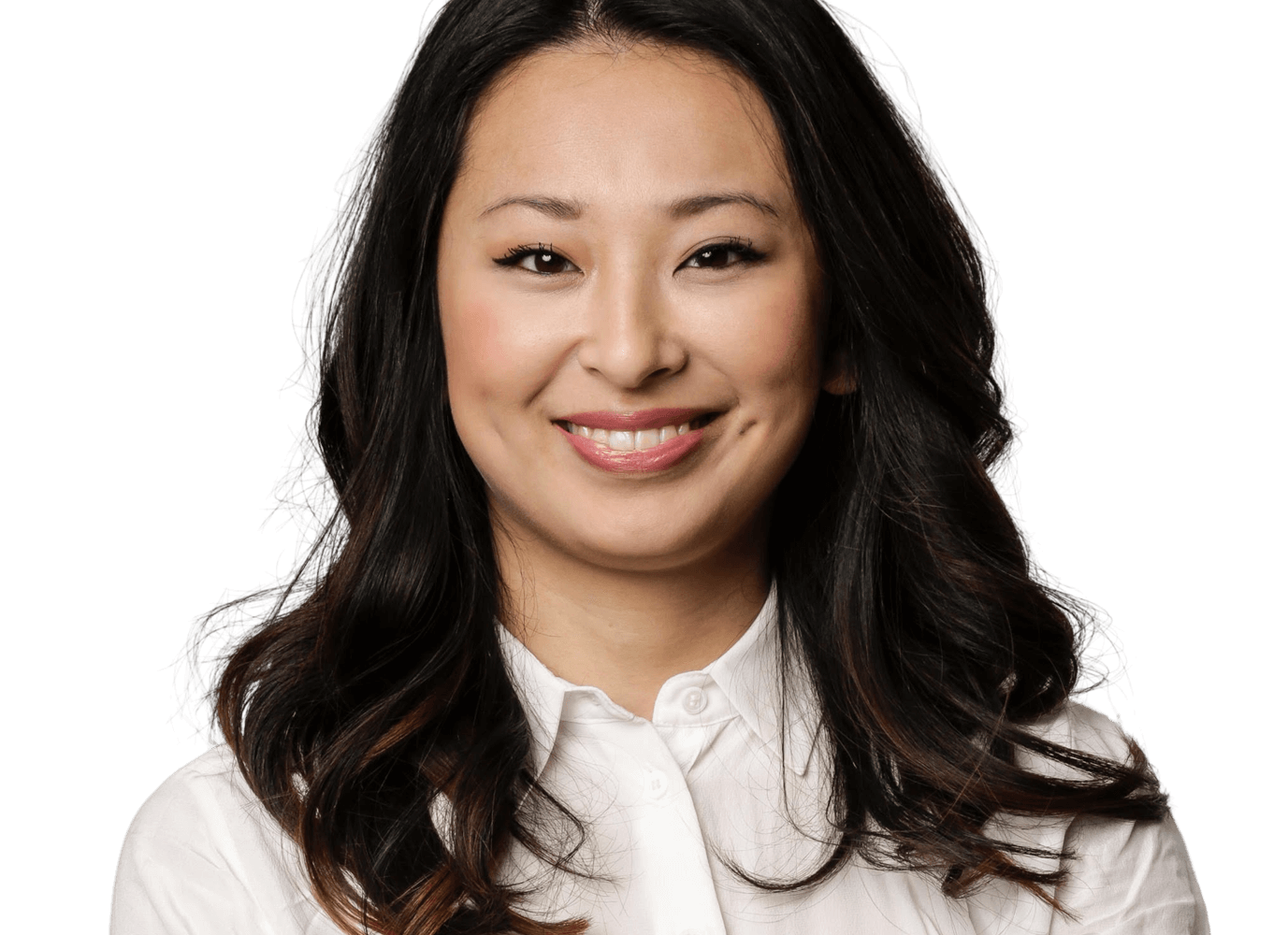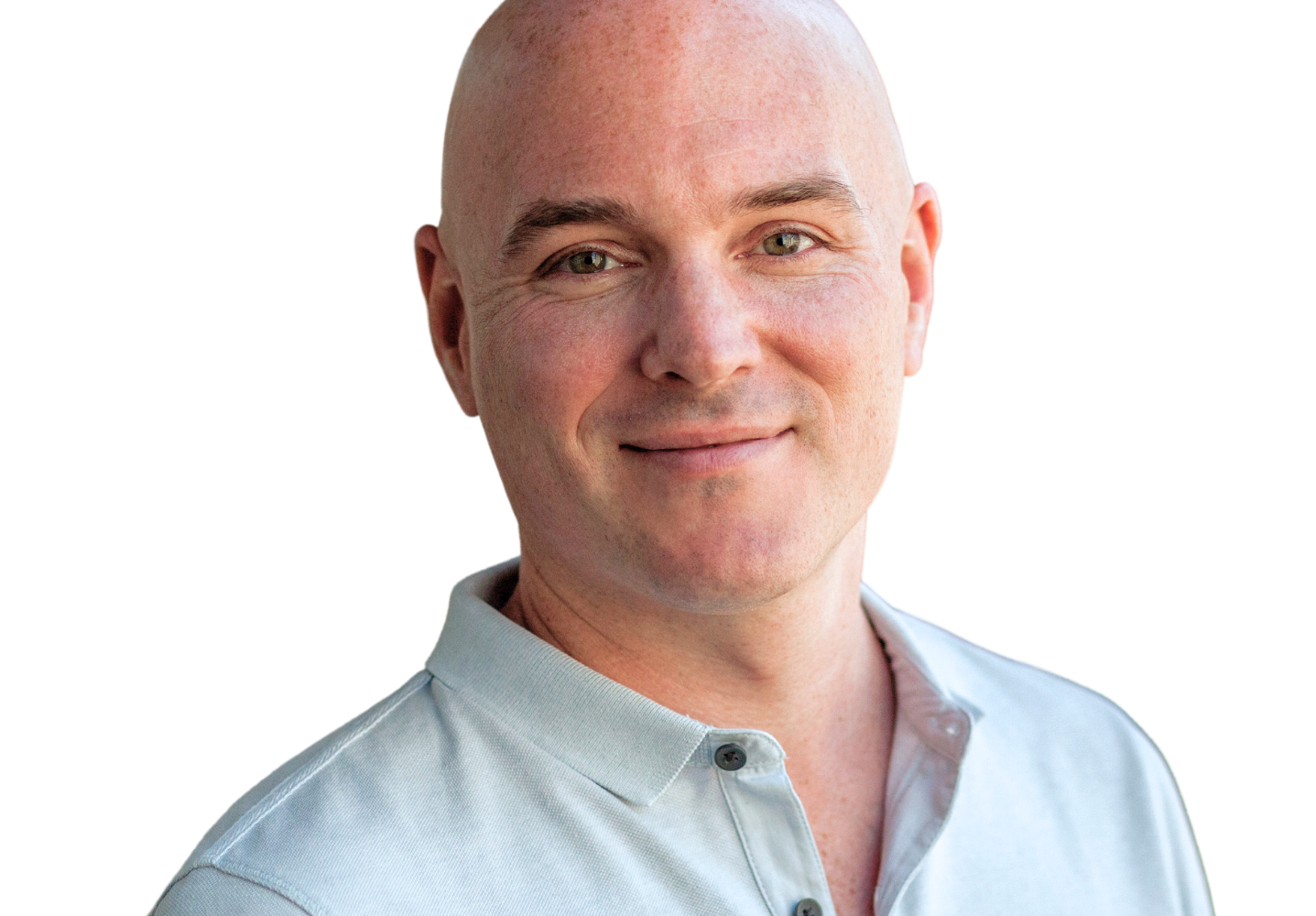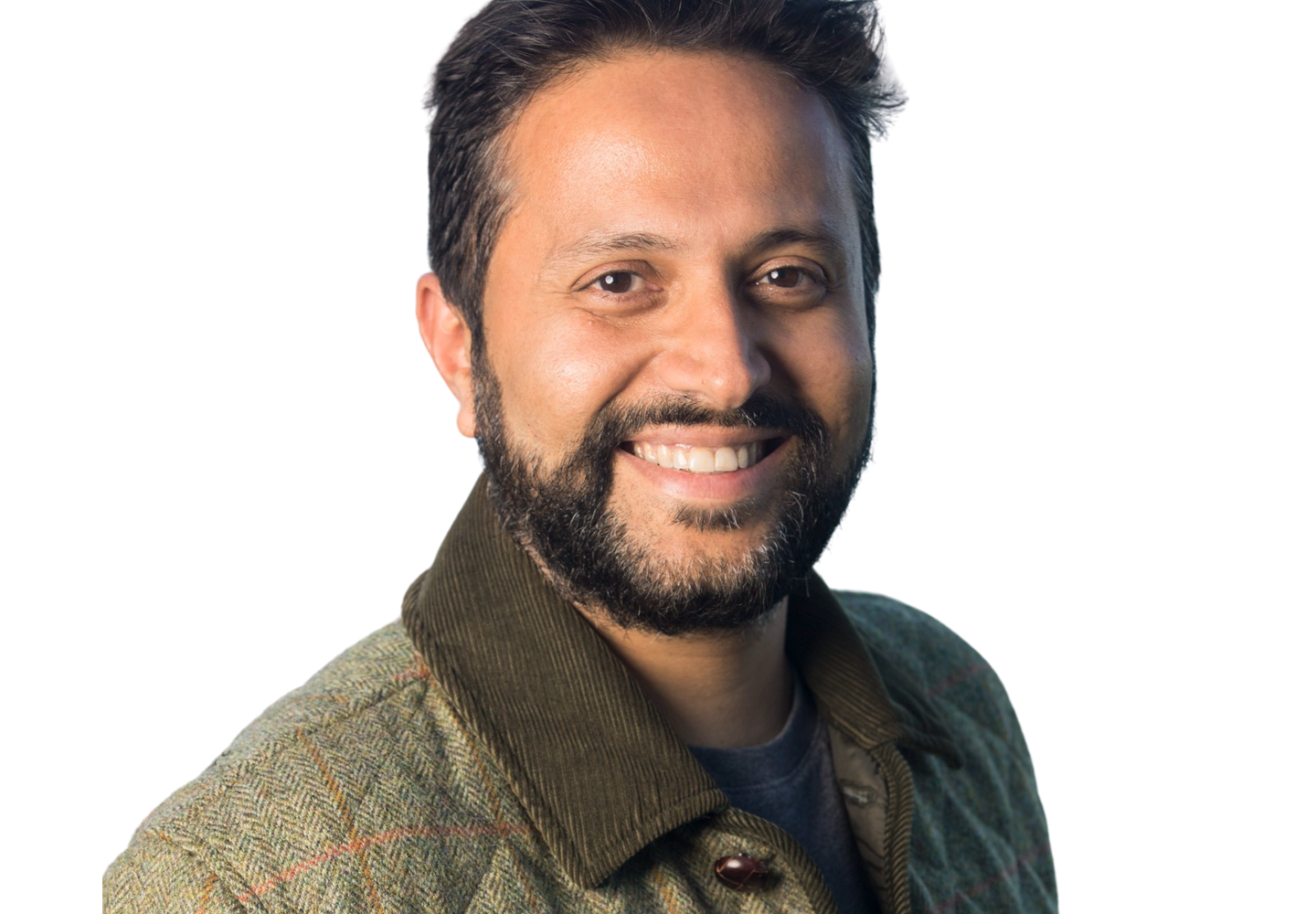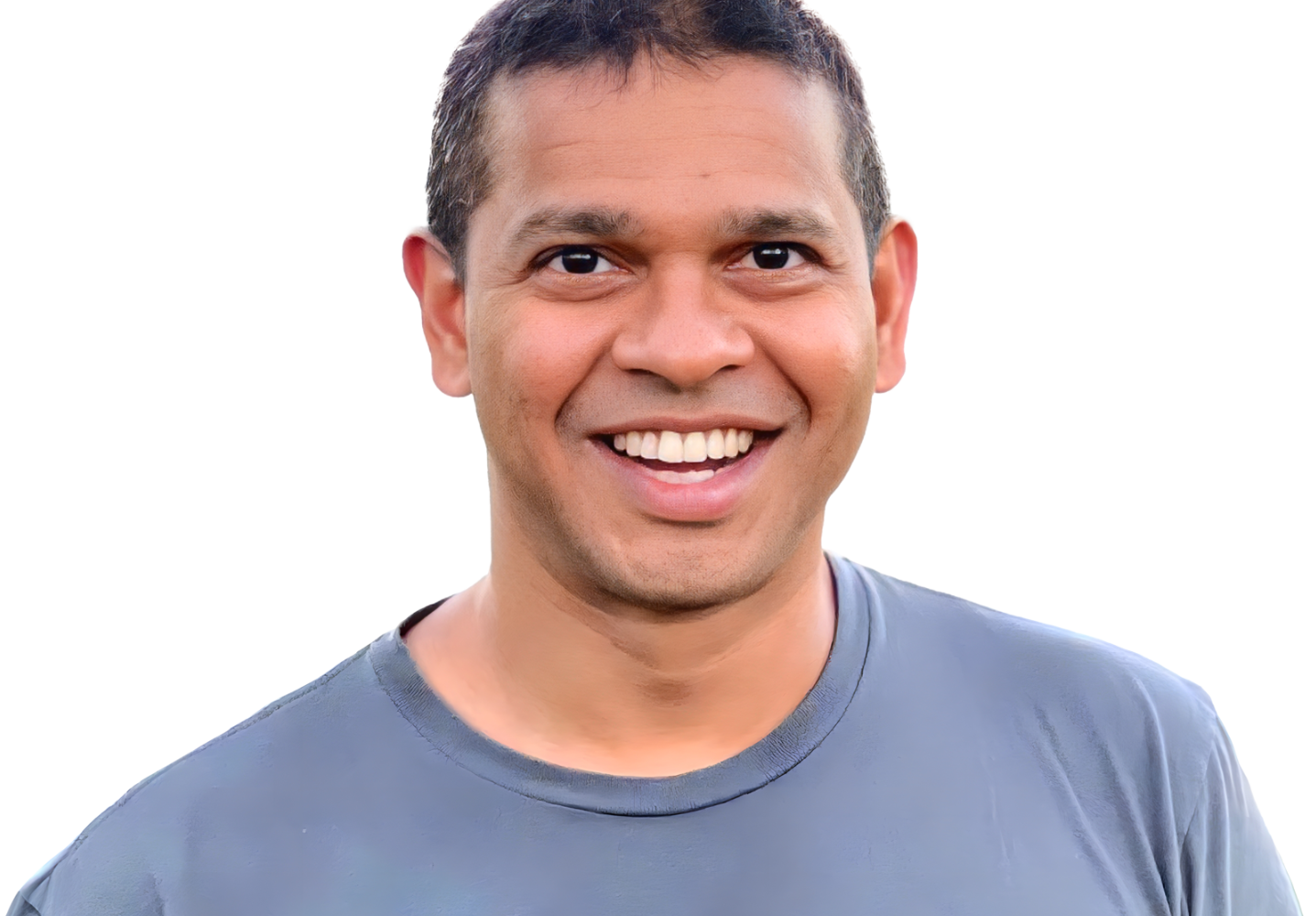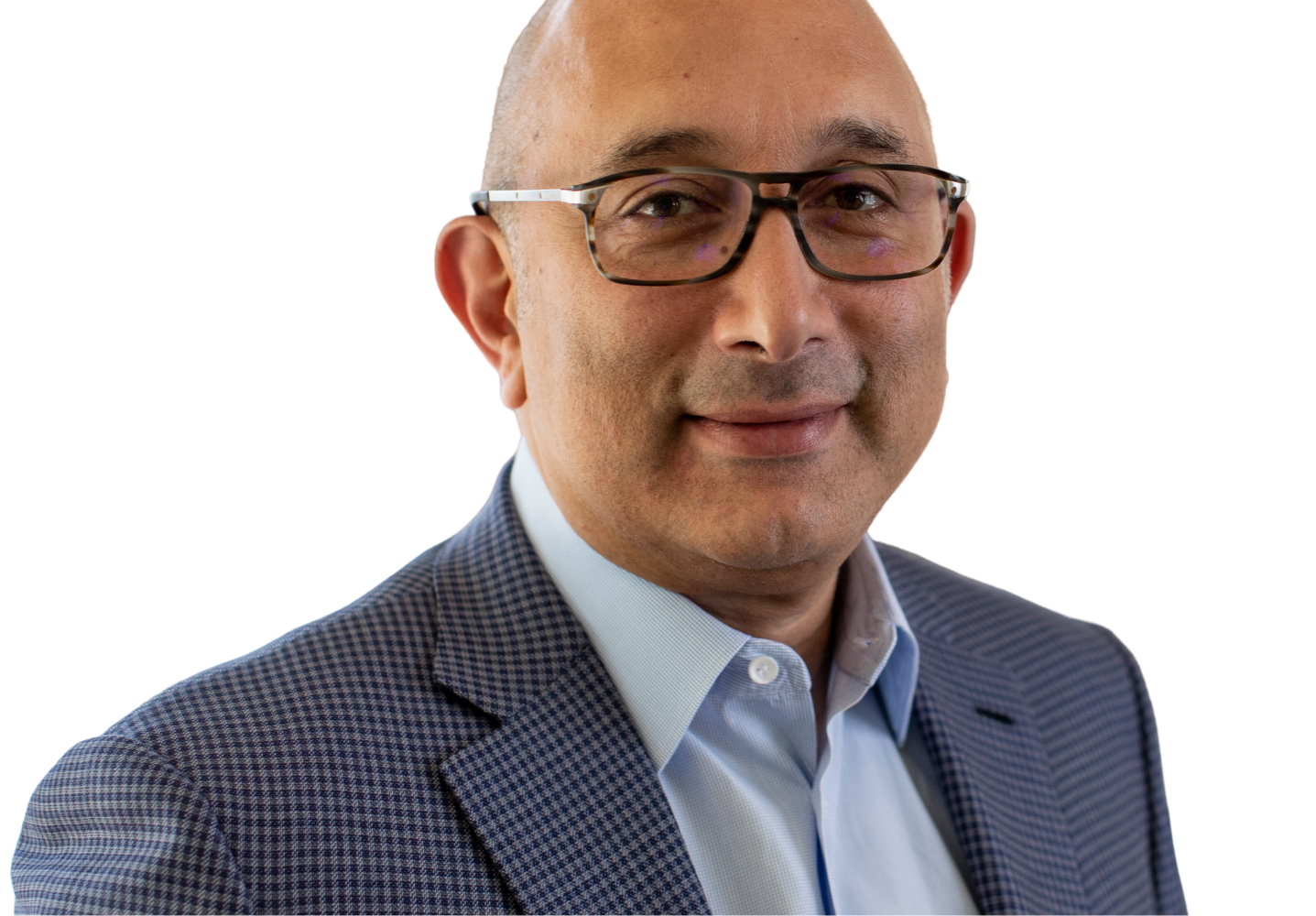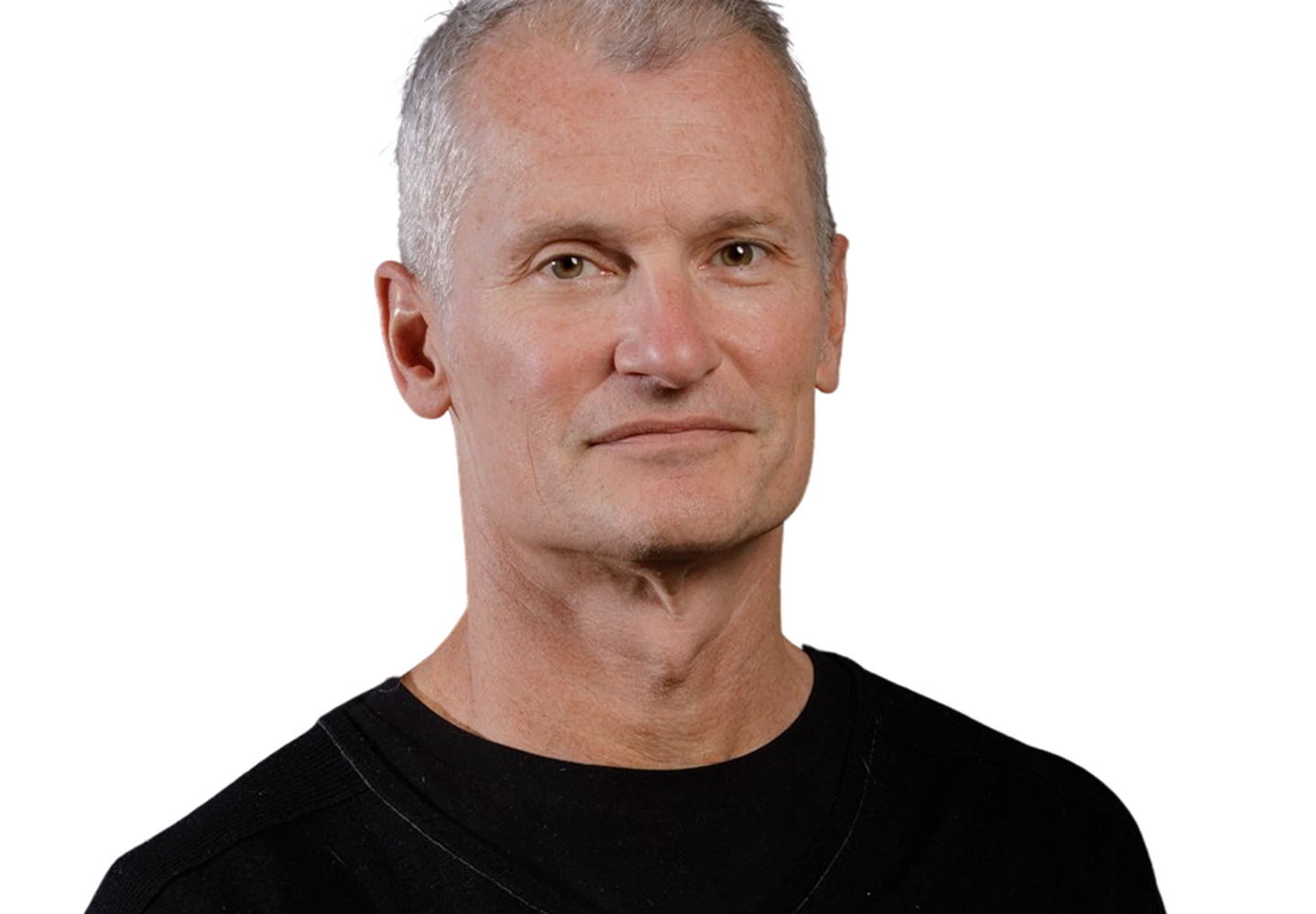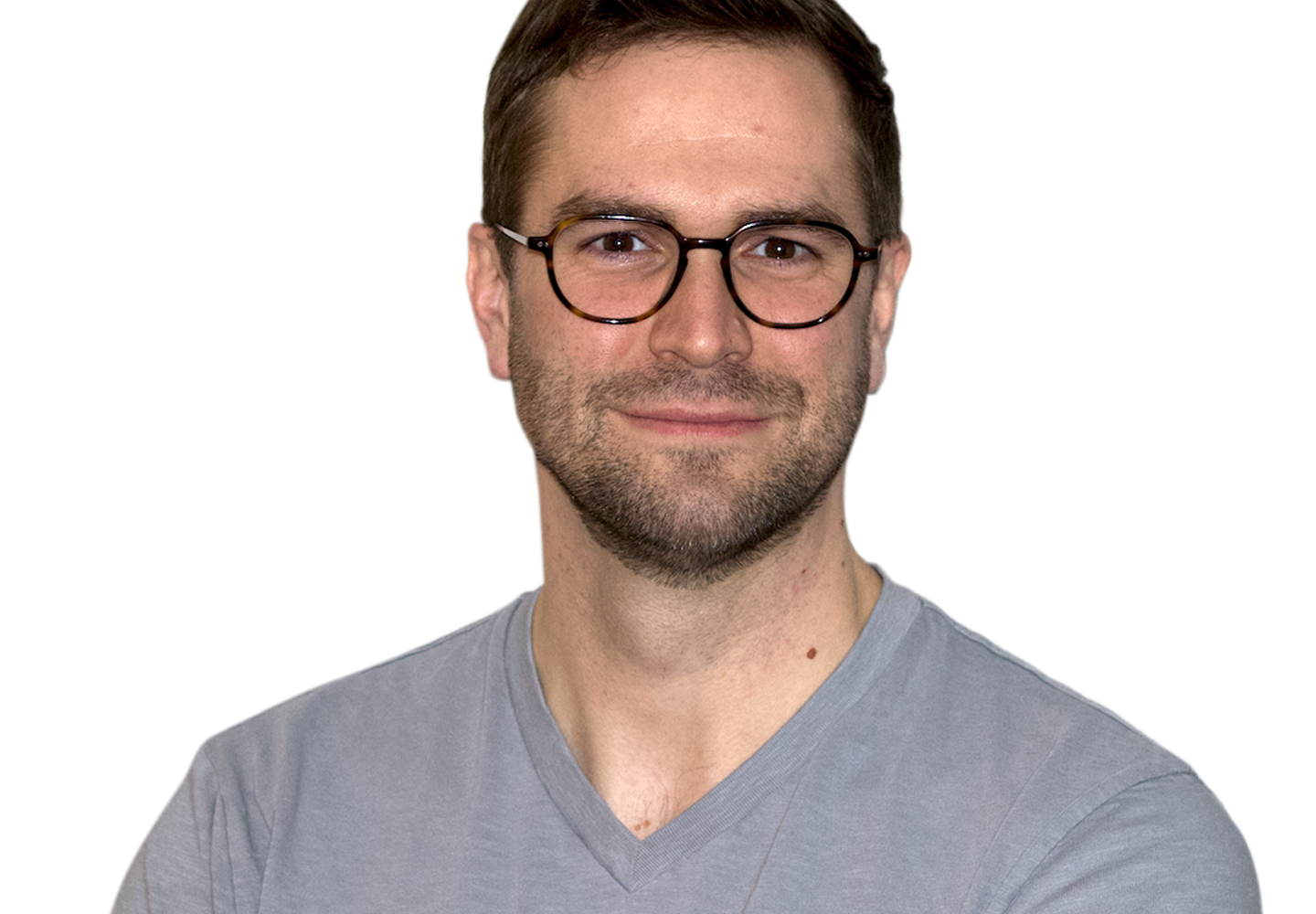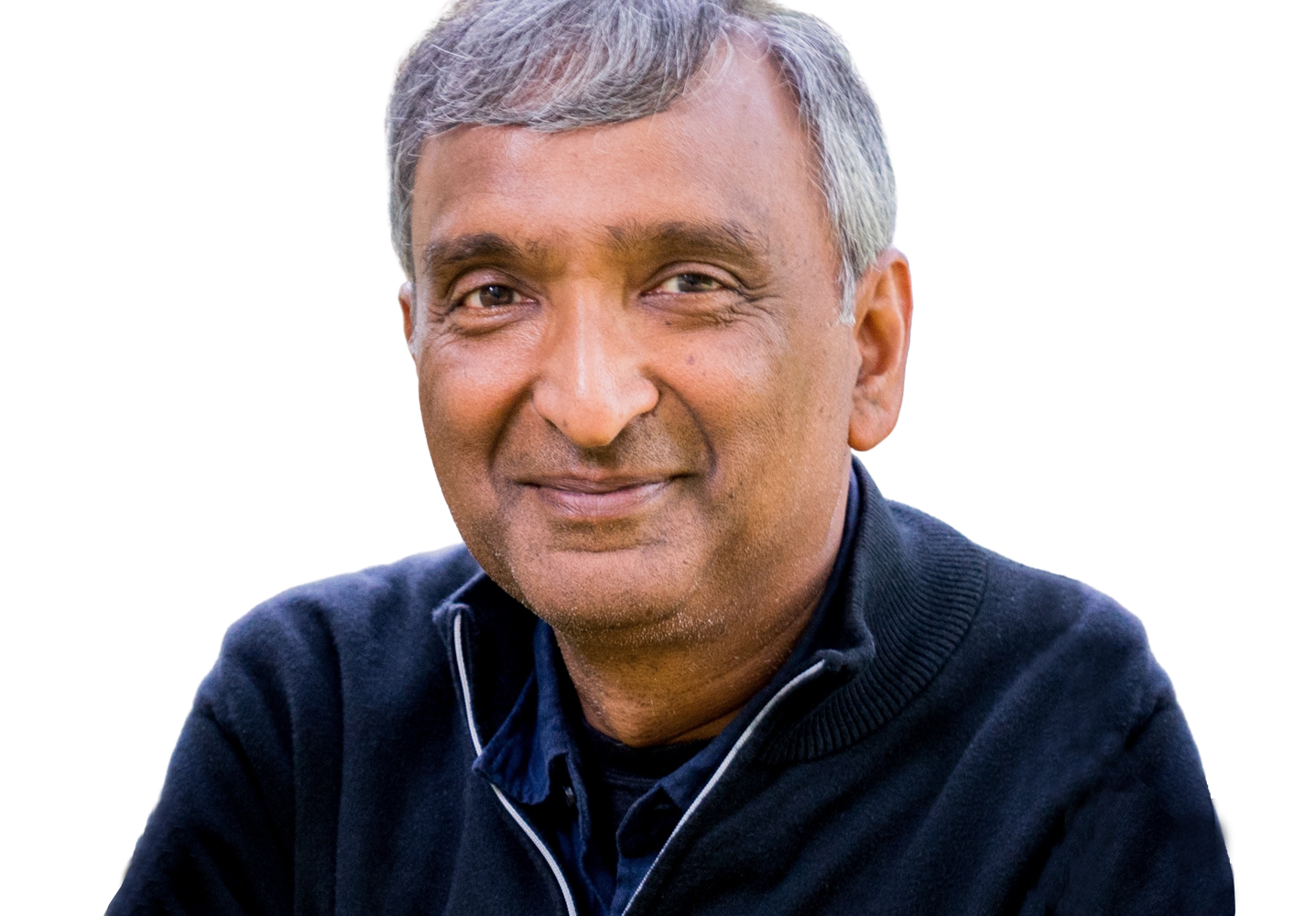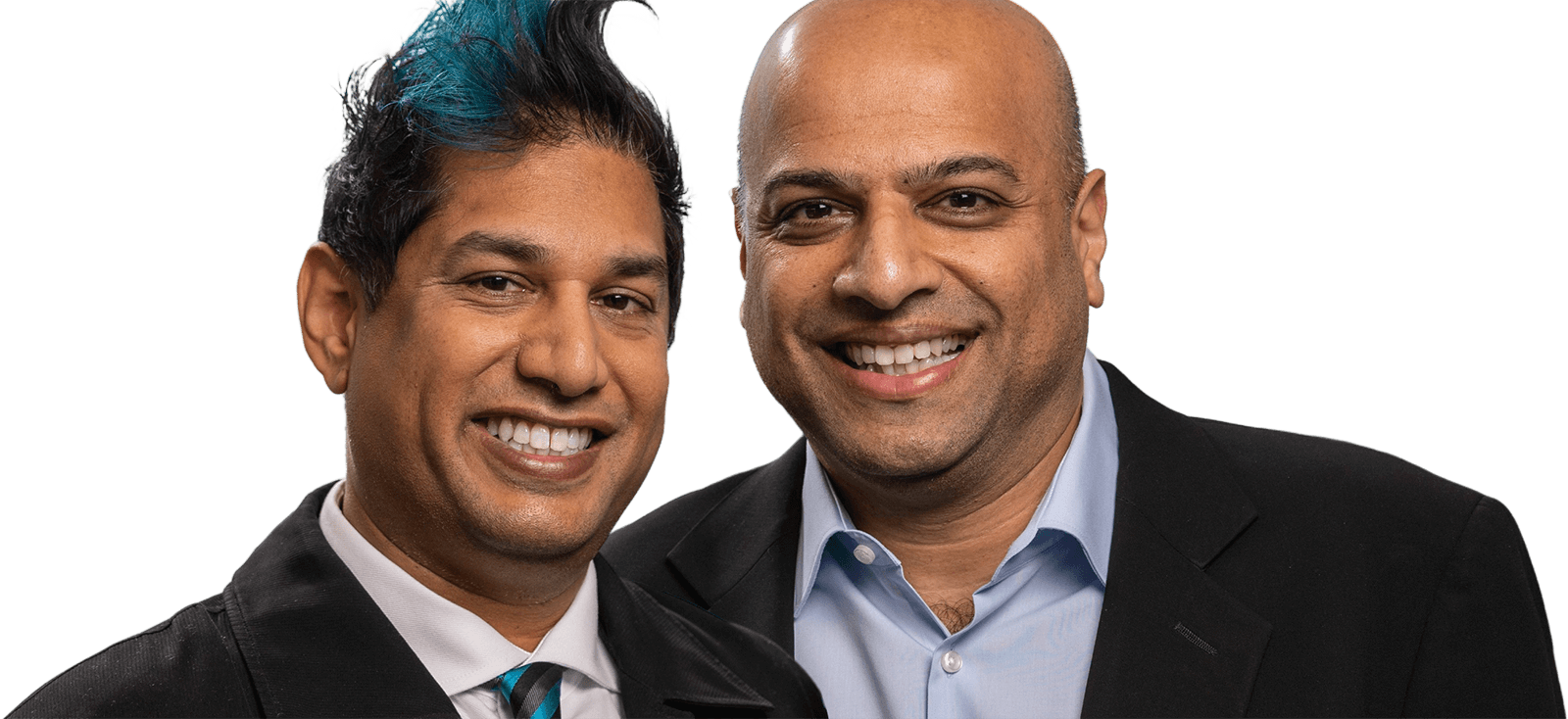What problem inspired the creation of Runway, and why were you the right person to tackle that?
Before Runway was even a thought, between 2015 and 2018, my two co-founders and I spent much of our time studying and experimenting with how machine learning could be applied to creative and artistic practices. That time feels like decades ago now, but we were obsessed with it. What we saw neural networks do to video and images at that time was like seeing a new form of life. After experimenting enough, we developed a conviction that emerging neural techniques could unlock new paradigms for creative expression, and we knew we wanted to be the ones building that.
That conviction culminated in Runway’s launch in 2018. We are an applied AI research company building for the next era of art, entertainment, and human creativity.
I think part of our obsession comes from how the three of us see the world and where we come from. First of all, these were tools we wanted to use in our own artistic practice. And second, we were doing it because we cared about it. I think part of Runway’s success is that we all care too much about what we are doing. When we started, people thought we were crazy because AI wasn’t as obvious as it is today. But we didn’t care about being misunderstood. We just cared about building something we deeply realized was the most important thing for us to be doing.
What is it like to work with Madrona?
By the time we raised our Series C, we knew we wanted to work with partners who had teams of good people aligned with not only our vision but also our values. The team at Madrona is world-class. It’s made up of people eager to help and support in any way they can — in a manner that upholds our vision. It’s those people who make Madrona different.
Their deep connections and industry expertise have opened doors that would have otherwise been difficult to access.
Tell us about a Madrona Moment.
Having a good support network for hiring and partnerships was one of those things I had to learn to build. The Madrona team has been incredibly helpful in helping us expand those networks with some of our most important strategic partners. Their deep connections and industry expertise have opened doors that would have otherwise been difficult to access, especially at big companies like Amazon and others in Seattle and San Francisco.
What have you learned about yourself during this process?
Well, I think that, first and foremost, you never stop learning. That’s part of the goal of building something like Runway. You have to keep learning and be comfortable with it.
Over the years, I’ve noticed a common thread: the rate of learning is incredibly important. I care more about how quickly people can learn and what strategies they use to learn effectively. This applies to me as well. The ability to rapidly learn new things, combined with a strong sense of agency and urgency, is really all you need to succeed.
What is the most important lesson you have learned during your startup journey?
There are too many lessons I’ve learned, but I constantly think about how hard it is to build great things and how much trial and error it takes to create great products. Quantity breeds quality, and you need to be comfortable doing many, many things that will not work. By doing things that fail, you build character, and the more character and experience you gain, the more you learn to identify those who feel comfortable with that same state of mind. Being able to manage expectations about the difficulty of building great things and the number of times you will have to try is incredibly important.

